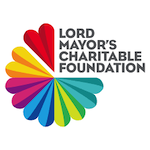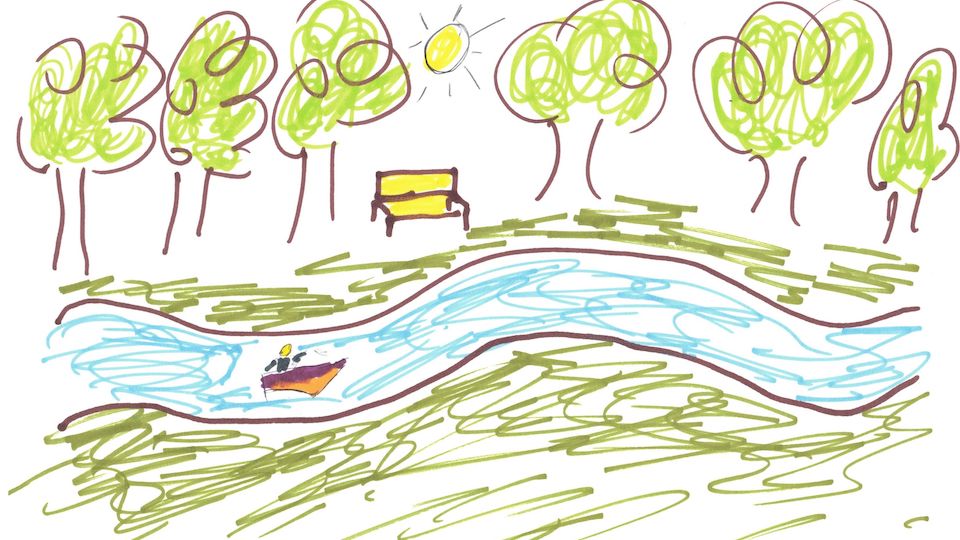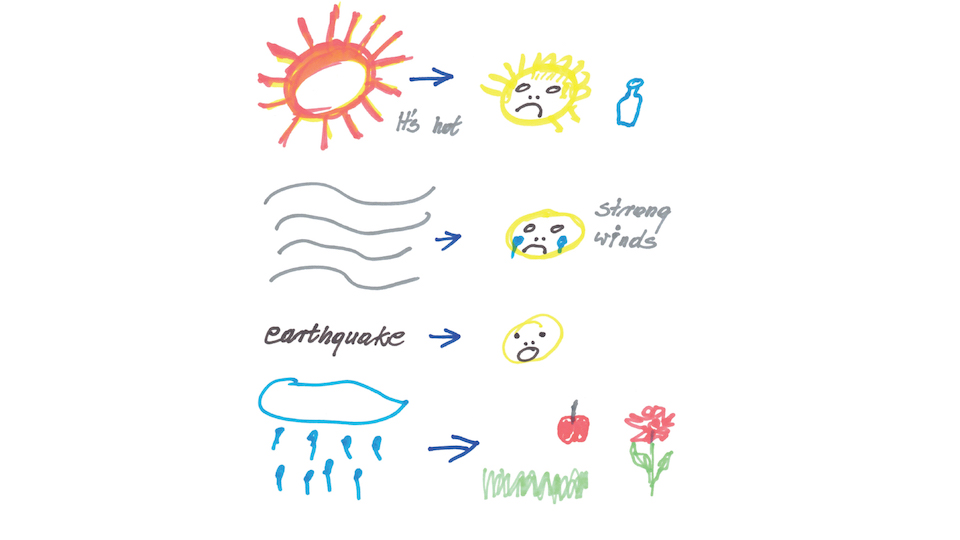Extreme weather in Melbourne’s west: stories from culturally diverse communities
Weather is much more than just a daily forecast – it can profoundly influence our lives.
In particular, extreme weather events have been recognised as a growing threat to public health, broadening the gap between health equity within our community. Culturally and linguistically diverse communities (CALD) within Melbourne’s west are incredibly adaptive and flexible, but they are more vulnerable to weather events such as extreme heat.
Thanks to a grant from the Lord Mayor’s Charitable Foundation, VU has been able to explore how people from these communities navigate extreme weather events.
Led by VU’s Professor Karen Willis and supported by PhD candidate Alice Cronin, the aim is to increase community resilience and obtain valuable insights into community needs.
Australian research examining community responses to extreme weather events has identified the increased vulnerability of CALD communities in major cities. For example, we know that during the 2016 Melbourne thunderstorm asthma event, ethnicity was associated with excess morbidity and mortality. The patients admitted to hospital with asthma, 40% were born overseas – India, Sri Lanka and South East Asia in particular. Other research in Australian capital cities has found ethnicity to be a risk factor for adverse heat-related health outcomes.
– Professor Karen Willis
This work was featured in an exhibition at VU’s Footscray Park Campus titled Extreme weather in Melbourne’s West: stories from culturally diverse communities.
The exhibition showcased the findings from small-group discussions and individual interviews with 80 people from culturally diverse backgrounds as part of the study.
During group discussions, participants expressed their ideas about the impact of extreme weather through drawing, poetry and short stories. These works detailed not only how they think and feel about extreme weather, but also how they support each other, as well as the community-based and government changes they would like to see.
Sometimes if you use the air conditioner, you worry about the expense of electricity. High rise is hotter than a house. At nighttime, they all go to the park. All night, they stay in the park because it’s very hot. Some people, they sleep there.
(Flemington resident, aged 33, originally from Ethiopia)
I’d never had asthma and I put it down to allergies because that’s when it happened, when the weather changed so quickly that I couldn’t breathe. I had to go on the ventilator.
(Sunshine West resident, aged 73, originally from Malta)
The findings showcased in the exhibition will now be used to help inform local government and community support organisations about the supports that people from CALD communities need during extreme weather events.
Thank you to the Lord Mayor's Charitable Foundation for making this possible.



